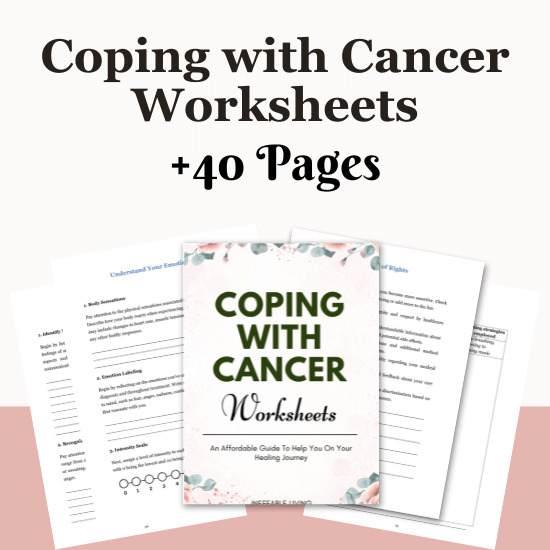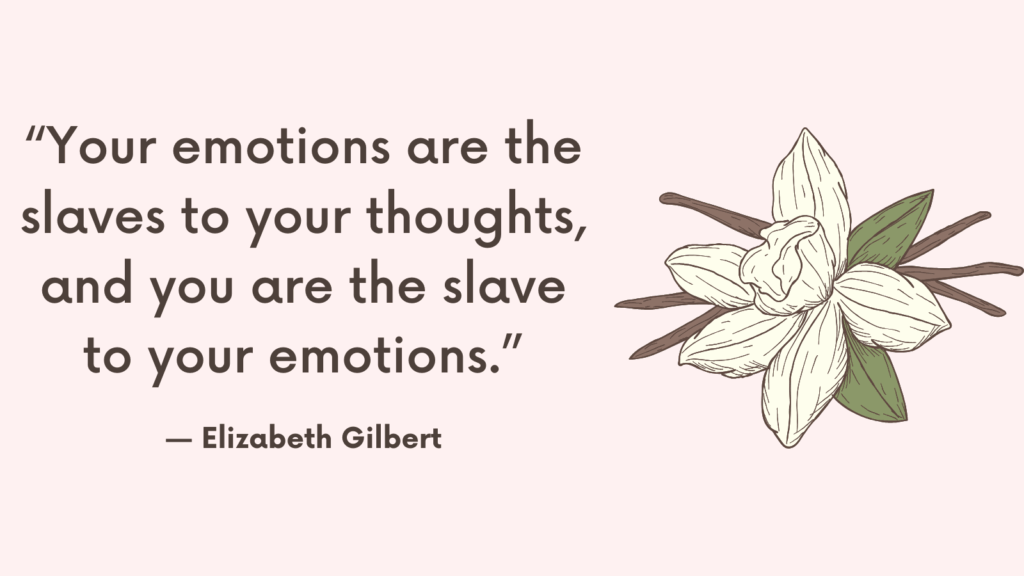Telling someone you love that you have a terminal illness is one of the hardest conversations you’ll ever have. You may want to protect them. You may not know how to begin. You might feel responsible for their pain, even as you’re carrying your own. But sharing your truth doesn’t just open the door to support—it creates space for connection, meaning, and peace. Here’s how to approach it with care, clarity, and compassion.
Why These Conversations Are So Difficult
You don’t want to cause pain
You’re still processing the reality yourself
You’re afraid of how others will react
You don’t want to be treated differently
You feel protective, overwhelmed, or emotionally fragile
It’s okay to not have all the answers. It’s okay to cry. This is not a conversation you have to get “right”—it’s a moment to speak from your heart.
How to Talk to Loved Ones About Your Terminal Illness Diagnosis?
1. Give Yourself Permission to Go Slow
You don’t need to tell everyone at once. You don’t need to have perfect words. Start with the people closest to your heart, when you feel emotionally ready.
2. Choose a Setting That Feels Safe
Pick a quiet space where you can sit without distraction or pressure. This may be in person, over the phone, or even through a letter if speaking feels too hard at first.
3. Speak Simply and Honestly
You don’t have to explain every detail. Try:
“I need to tell you something difficult. I’ve been diagnosed with a terminal illness.”
Let the silence come. Let their reactions unfold.
Related: How to Protect Your Mental Health After a Cancer Diagnosis?
4. Expect a Range of Reactions
Some may cry. Some may go numb. Some may try to fix or deny. Their response is about their processing—not your truth. You’re not responsible for managing their emotions.
5. Let Them Know What You Do (and Don’t) Need
Say what helps:
“I just want you to sit with me.”
“I’m not ready for advice, but I want your presence.”
This gives them direction while honoring your boundaries.
6. Be Open to Follow-Up Conversations
People may need time to absorb the news. That’s okay. Give space for follow-up talks—especially about your care preferences, emotional needs, and what matters to you now.
Related: You’re Not Just Tired: Understanding Cancer-Related Depression
7. Share What Brings You Peace
Whether it’s faith, nature, music, or humor, let your loved ones know what calms or grounds you. This helps them show up in ways that feel aligned with you.
8. Invite Support Without Shame
Say:
“I don’t know what the future holds, but I’d like to go through it with people who care about me.”
Let them know their love matters—even if it’s imperfect.
9. Include Practical Conversations When You’re Ready
Eventually, talk about medical wishes, end-of-life preferences, or legacy planning. Frame it with love:
“This isn’t giving up. It’s about giving you clarity when I can’t speak for myself.”
10. Reaffirm That Love Is Still Here
Let the conversation end with presence, not panic. A hug. A touch. A simple:
“I love you. I’m still here. We’re in this together.”
Related: 10 Gentle Ways to Start End-of-Life Planning
If Children Are Involved
Use age-appropriate language
Let them ask questions
Keep explanations honest but not graphic
Let them know they are safe and loved
Reassure them that their feelings are okay
Involve a therapist or counselor for support if needed
Children are intuitive. What they need most is honesty, reassurance, and presence.
If You’re Struggling to Cope
Seek support from a therapist, chaplain, or support group
You don’t have to carry the emotional weight alone
Processing your fears and grief in safe spaces can make it easier to show up for your loved ones
Your emotional health matters as much as your physical care.
What This Conversation Is Really About
It’s not about perfect timing or perfect words
It’s about connection
It’s about being seen and letting yourself be held
It’s about allowing love to move through pain
Saying “I’m sick” doesn’t end the relationship
It changes it
And in that change, there is still room for closeness, for laughter, for memory-making, and for meaning

Conclusion
Telling your loved ones about a terminal diagnosis is a sacred act of vulnerability. It’s not about having all the answers—it’s about sharing your heart. You don’t have to do it perfectly. You just have to do it with truth and tenderness. You are not alone in this. And love, even in the hardest moments, can hold more than we ever expect.



